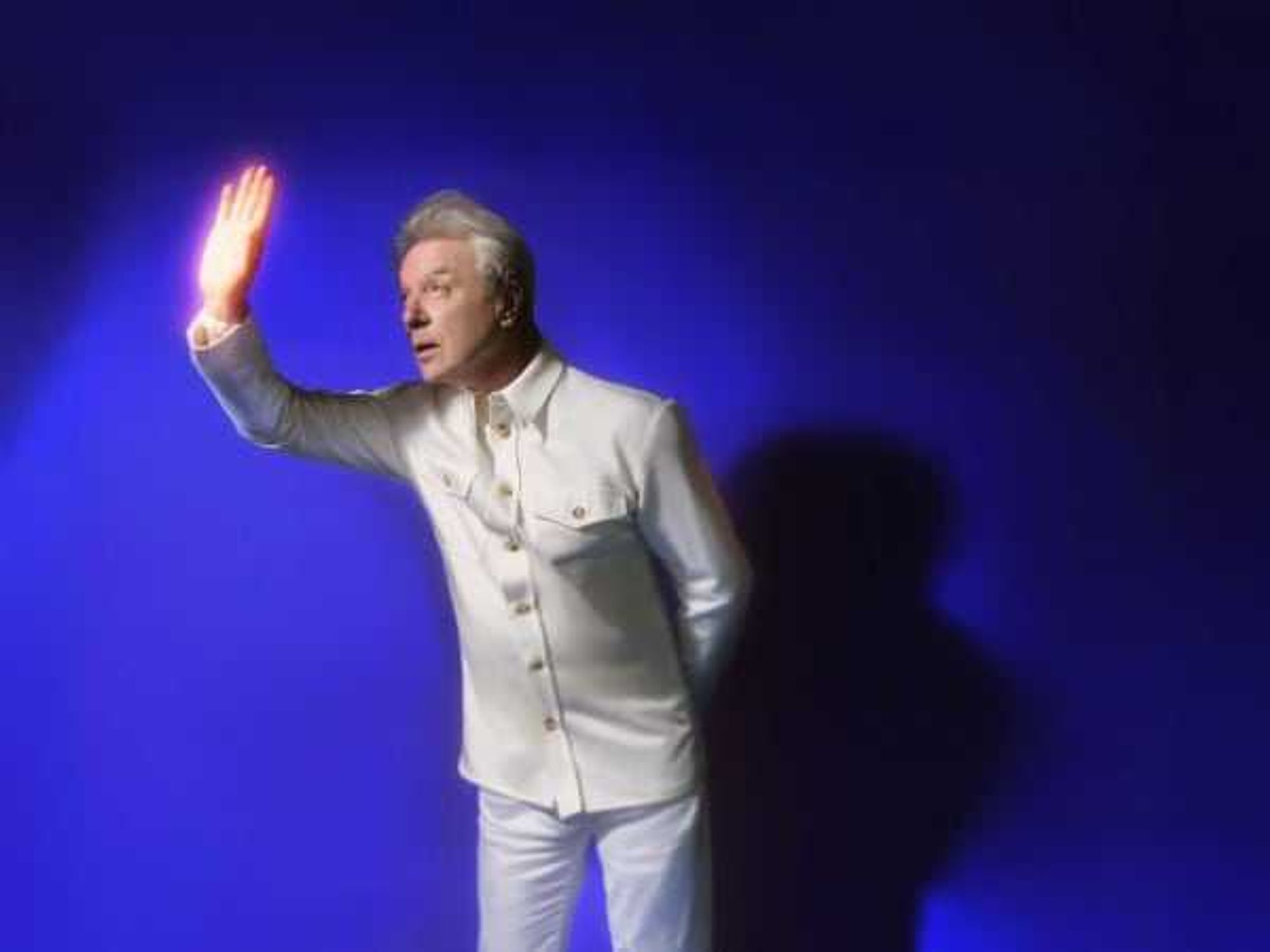Eclectic singer David Byrne is extending his 2025 tour into the new year, including a stop at the Smart Financial Centre in Sugar Land on April 24, 2026
The tour is in support of Byrne’s new album, Who Is the Sky? (released September 5). It’s his first new album since 2018’s acclaimed and award-winning American Utopia.
Beginning April 4 in Vancouver, British Columbia, the new tour dates include 17 cities and 23 dates, as well as previously announced performances at the Big Ears Festival in Knoxville and the Coachella Valley Music & Arts Festival in Indio, California. Byrne will also perform dates in Europe, Australia, and New Zealand.
Byrne, who first came to fame with the band Talking Heads, was omnipresent with American Utopia, which morphed from an album and tour into a Broadway show that was subsequently filmed by Spike Lee for HBO.
On the new album, he is joined by musical friends old and new, including St. Vincent (the Dallas singer with whom he made the 2012 album Love This Giant), Paramore’s Hayley Williams, The Smile drummer Tom Skinner, and American Utopia percussionist Mauro Refosco.
The touring band will comprise 13 musicians, singers, and dancers, including members of the American Utopia band, all of whom will be mobile throughout the set.
Tickets for the tour go on sale on Friday, December 12 at whoisthesky.davidbyrne.com. Fans can sign up for the artist presale, which will begin on Tuesday, December 9 10 at 9 am through Thursday, December 11 at 9 pm.
David Byrne Tour Dates
03/26/2026 - Big Ears Festival at the Knoxville Civic Auditorium
03/27/2026 - Big Ears Festival at the Knoxville Civic Auditorium
04/04/2026 - Vancouver, BC - Queen Elizabeth Theatre
04/05/2026 - Vancouver, BC - Queen Elizabeth Theatre
04/07/2026 - Portland, OR - Keller Auditorium
04/08/2026 - Portland, OR - Keller Auditorium
04/11/2026 - Indio, CA - Coachella Valley Music & Arts Festival
04/14/2026 - Santa Barbara, CA - Santa Barbara Bowl
04/16/2026 - Stanford, CA - Frost Amphitheater
04/18/2026 - Indio, CA - Coachella Valley Music & Arts Festival
04/20/2026 - Las Vegas, NV - The Colosseum Theater at Caesars Palace
04/21/2026 - Phoenix, AZ - Arizona Financial Theatre
04/24/2026 - Houston, TX - Smart Financial Centre
04/28/2026 - St. Louis, MO - Stifel Theatre
04/29/2026 - St. Louis, MO - Stifel Theatre
05/01/2026 - Indianapolis, IN - Murat Theatre
05/02/2026 - Indianapolis, IN - Murat Theatre
05/03/2026 - Milwaukee, WI - Miller High Life Theatre
05/05/2026 - Kansas City, MO - Starlight Theatre
05/07/2026 - Cleveland, OH - Playhouse Square - KeyBank State Theatre
05/09/2026 - Nashville, TN - Ascend Amphitheater
05/11/2026 - Durham, NC - Durham Performing Arts Center
05/12/2026 - Durham, NC - Durham Performing Arts Center
05/13/2026 - Virginia Beach, VA - The Dome
05/15/2026 - Bridgeport, CT - Hartford HealthCare Amphitheater
05/16/2026 - Baltimore, MD - Hippodrome Theatre
05/17/2026 - Baltimore, MD - Hippodrome Theatre
